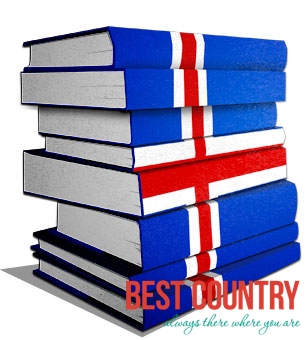Educational System in Iceland

The Icelandic educational system is divided into four levels
Pre-school: Up till 6 years of age.
Compulsory: 6 – 16 years of age.
Upper-secondary: 16 – 20 years of age.
Higher education level: from 20 years of age.
Pre-School in Iceland
In pre-school children receive education and support for their all-round development, thus preparing them for compulsory school and life itself. At the pre-school level, the nucleus of the educational work is play.
Compulsory Schooling in Iceland
The main purpose of compulsory schooling in Iceland is to prepare pupils for life and work in a continuously developing, democratic society.
The organization of the school as well as its work shall, therefore, be guided by tolerance, Christian values and democratic cooperation.
Upper Secondary Level in Iceland
At the upper secondary level in Iceland anyone who has completed compulsory education or has turned eighteen has the right to enter a course of studies.
An effort must be made to give pupils a choice of subjects and forms of instruction in accordance with their needs and wishes.
The primary aims of upper secondary education are to prepare pupils for life and work in a democratic society by offering them suitable opportunities to learn and develop individually, and prepare them for employment through specialized studies leading to professional qualifications or further study.
Higher Education in Iceland
Universities are entrusted with the task of carrying out research and offering higher education programs in different subjects, as stipulated by the legislation governing each institution.
The main purpose of adult education is to encourage equality of opportunity among adults without regard to location, age, gender, occupation or previous education.
Life-long learning is a global concept, covering all education that individuals receive in the course of their lives.
Important elements in life-long learning are all types of short or long-term continuing studies, supplementary studies and hobby-related studies.